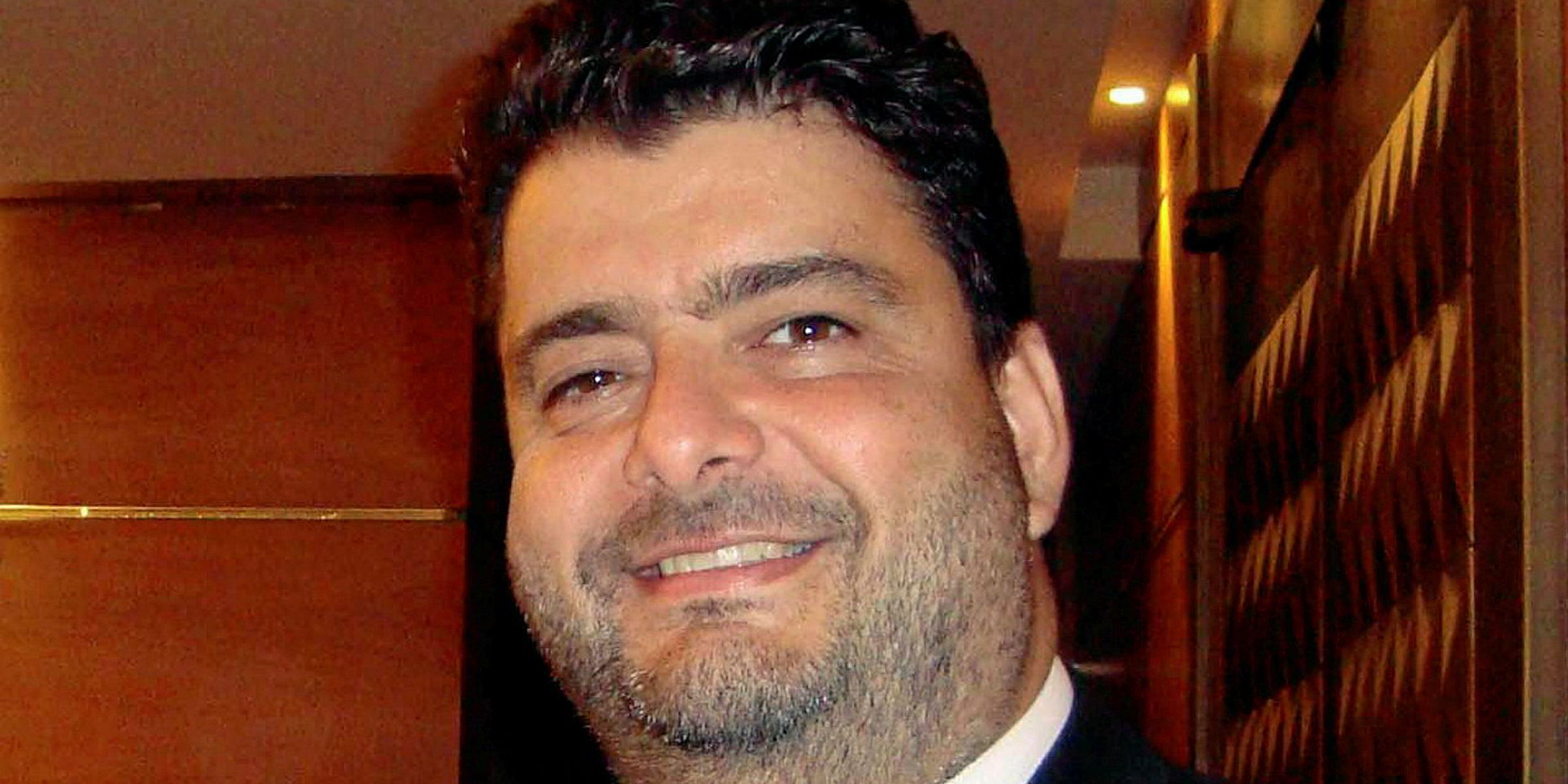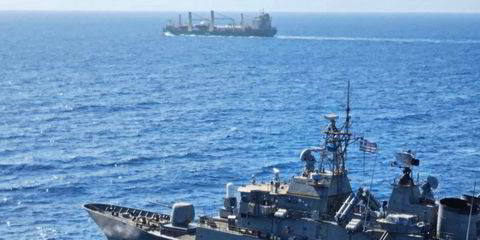Greek shipowners cannot do anything about it now, but they are still not happy with the way the IMO 2020 sulphur emissions cap is coming into play.
A trio of owners — Euroseas and EuroDry chief executive Aristides Pittas, Tsakos Energy Navigation chief executive Nikolas Tsakos and Diana Shipping chief strategy officer Ioannis Zafirakis — used Capital Link's New York forum Invest in Greece to lament that the regulation was still coming into effect on 1 January.
"There should be a delay, but there's not going to be a delay," Pittas said at the Monday event. "It's too late for anything to be changed."
Issues included the availability of fuel and safety concerns around potentially having different kinds of fuel. All three, however, said they would abide by the new rules, which slash the allowable sulphur emissions from ships to 0.5%, and insisted they supported greener shipping.
Zafirakis said they were opposed to scrubbers, specifically.
He said he expects to hear complaints of environmental damage from the devices, which allow ships to continue burning high-sulphur fuel but wash the sulphur into the ocean, not long after the new year.
"If you do the numbers, you will see there are so many unknowns in this equation, it doesn't make real sense to do that," Zafirakis said.
"From the moment you can comply using low-sulphur fuel, I think it's going to be proven in the future, you're protecting the environment better than having an open-loop scrubber."
The shipowners' comments echo those made by Greece's Shipping Minister Yiannis Plakiotakis to the IMO Assembly earlier this month, in which he questioned the safety and availability of compliant fuels while asking for a delay in implementing the rules.
The Union of Greek Shipowners has made similar comments.
Chief executive Tsakos told the forum that the money shipowners have spent on scrubbers could be better used elsewhere.
"Perhaps it will pay out as an investment, perhaps not," he said.
"What I did not like in this whole thing is we allowed this scrubber thing to happen and to allow this kind of investment, which is $10bn if you count how many scrubbers have already been installed," he said.
"The industry would have done much better if we had invested in some kind of research for a new kind of fuel."
Nick Austin, shipping partner at global law firm Reed Smith, said: “The maritime industry is bracing itself for IMO 2020, the biggest change in marine fuel regulation for a generation.
"The deadline is just weeks away and, despite concerns in some quarters, notably Russia and Greece, about the industry’s readiness, the IMO has repeatedly dismissed any idea of a delay to the implementation date.”






